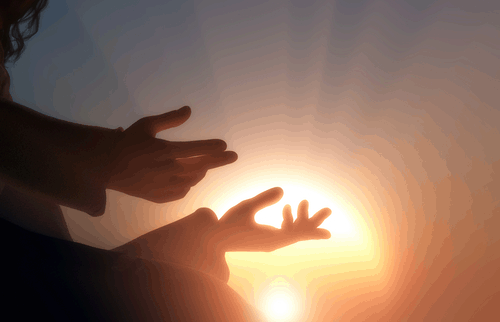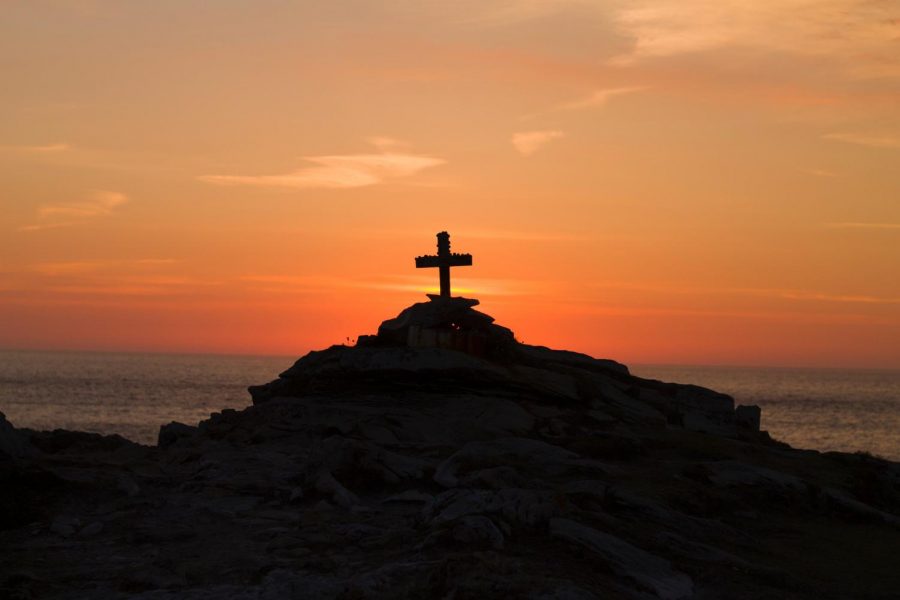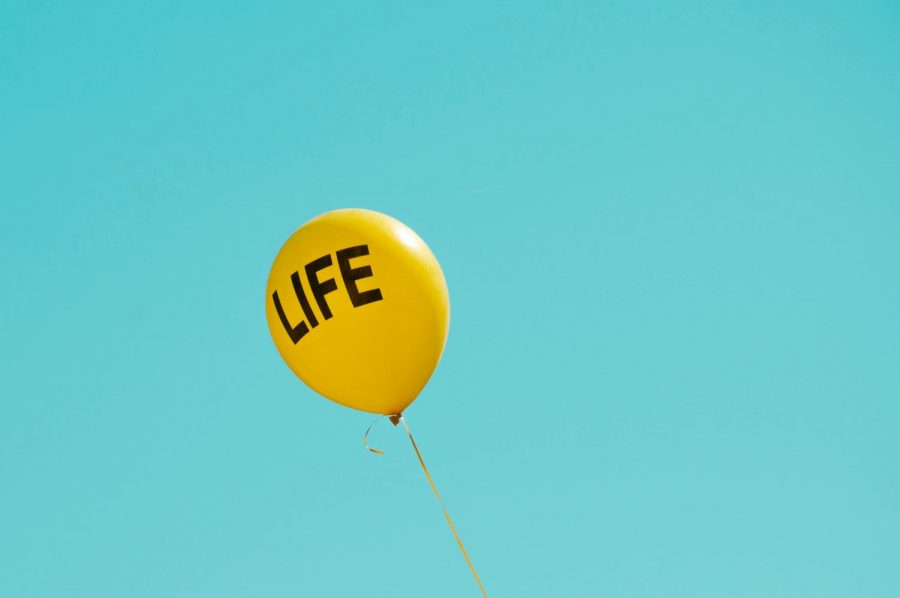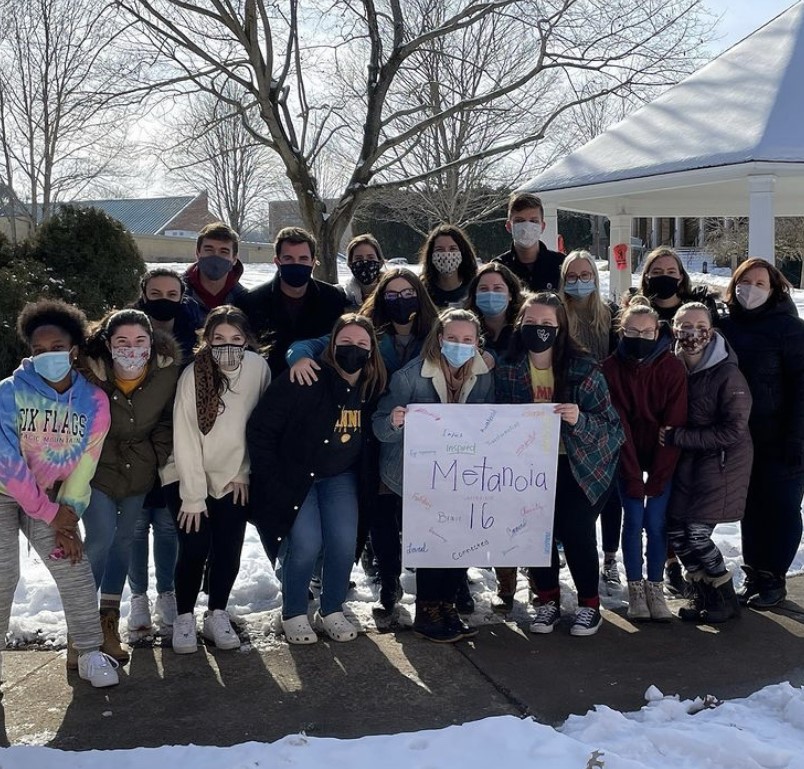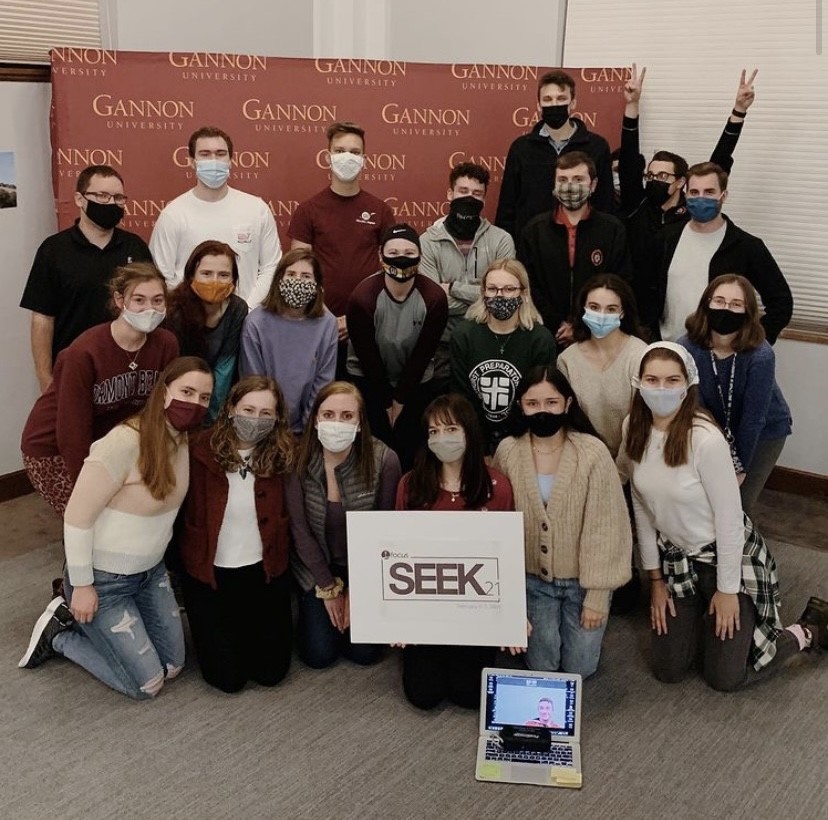Hello, dear reader. I hope you are doing well, and that you are not too frantic about scheduling for next semester, while trying to finish up work for this current semester.
This is a pivotal point of the year, and it is important that you climb over the figurative mountain to reach the breathtaking view at the top, because it makes all the hard work you are doing worth the effort.
Speaking of climbing a mountain, some people in my life have recently talked about how life is made up of hills and valleys.
A hill gives way to joy and pride when you reach the top, but when you are in a valley, you are struggling and in a place where you do not want to be.
I think this mental imagery is a good representation of whatever our emotional or spiritual state is at a given time. It can be exciting to say that you are standing on top of a hill with the wind blowing back your hair and the stunning panorama in front of you.
However, when you are feeling “down in the dumps,” the feeling of being trapped in a valley is pretty accurate.
Now, what do we do when we are feeling “blue?” When you are feeling like you are on the top of the world, you want to stay up there forever, right?
Some people refer to this as a “Jesus high,” and, to be honest, it does feel like you could reach up and touch the heavens when this happens.
A priest friend of mine told me once, “You cannot have the sensation of ecstasy without the feeling of agony.” In other words, what goes up must come down. Simple physics.
So what can we do when we are in a place of spiritual darkness, or what Henri Nouwen describes as “the dark night of the soul?”
To stay there means that you have given up hope, and feel as though nothing you or anybody else can do will bring you out. And sometimes, fighting to get out of the valley may not appear as though it is working; when the residue of gloom clings to you and refuses to go away.
You may ask yourself at this point, “What else can I do?”
The answer, I think, is a simple one, yet is one that tests our will. It is challenging, agonizing, and at times, seemingly impossible. It is to have hope, to be thankful, and to enjoy the gift of life. I also think that this happens more easily when we get outside of our own head.
Having empathy for others and being a friend to those who need one are two important ways where selflessness can be manifested and developed.
This doesn’t mean we should be trying to carry their own cross for them, but that we are willing to be there for them if they truly need it.
I think I was able to learn this from my community members and my spiritual director this past week, and for that I am eternally grateful. Peace to you, dear reader, and good luck with scheduling.
NATHAN DEMAREST
[email protected]


